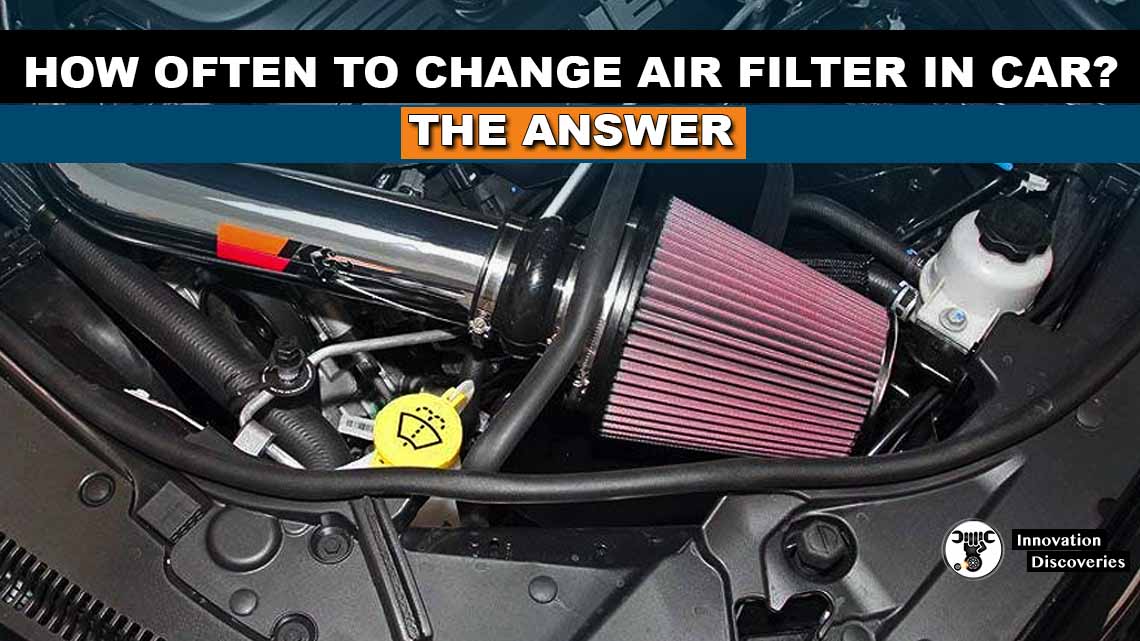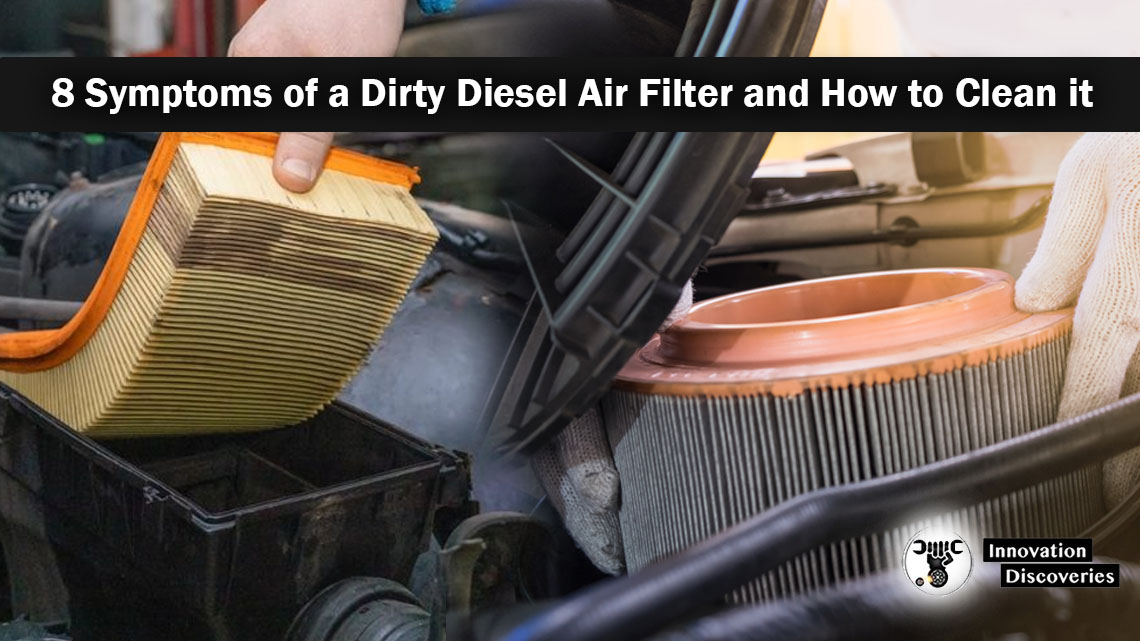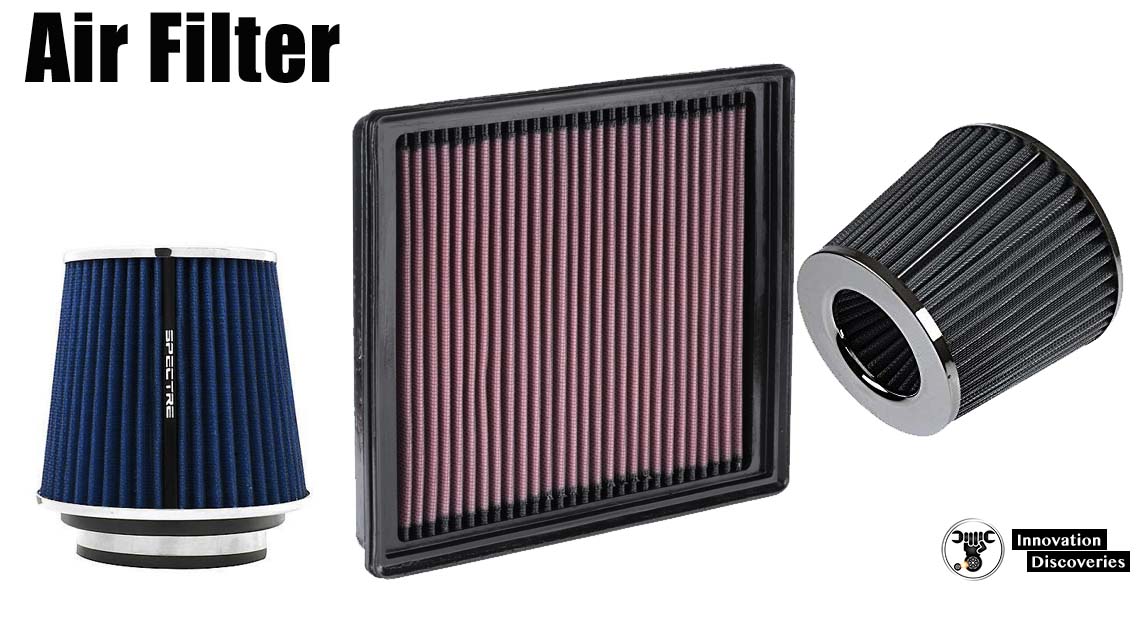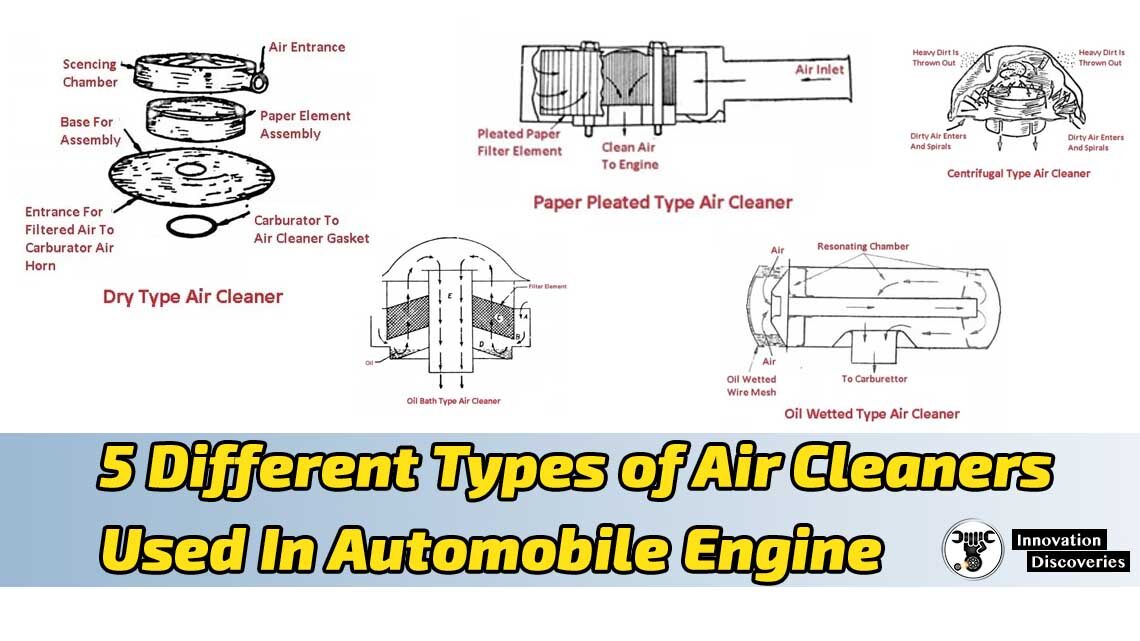
Introduction
The air filter in your car plays a crucial role in maintaining the engine’s performance and longevity. It ensures that clean air reaches the engine, free from dust, debris, and other contaminants.
Understanding how often to change your car’s air filter can help you keep your vehicle running smoothly and efficiently.
What Does the Air Filter Do?
The air filter is an essential component of your car’s intake system. It prevents harmful particles such as dirt, dust, and debris from entering the engine.
A clean air filter ensures that the engine receives a proper mix of air and fuel, which is necessary for efficient combustion. This results in better engine performance, improved fuel efficiency, and reduced emissions.
General Recommendations
Most automotive experts and manufacturers recommend changing the air filter every 12,000 to 15,000 miles or at least once a year, whichever comes first.
However, this is a general guideline, and the actual frequency can vary depending on several factors.
Factors Influencing Air Filter Replacement Frequency
- Driving Conditions:
- Urban Areas: If you primarily drive in urban areas with heavy traffic and pollution, the air filter may get clogged more quickly and require more frequent replacement.
- Rural Areas: Driving on dusty or unpaved roads can also lead to faster accumulation of dirt and debris in the air filter.
- Highway Driving: Long-distance highway driving usually results in less frequent air filter changes due to cleaner air and consistent engine operation.
- Climate:
- Dry and Dusty Climates: In arid regions with high dust levels, the air filter will need more frequent inspection and replacement.
- Humid and Rainy Climates: Moist environments can lead to faster clogging of the air filter due to increased debris and possible mold growth.
- Vehicle Type and Usage:
- Off-Road Vehicles: If you use your vehicle for off-road activities, the air filter will be exposed to more dirt and debris, necessitating more frequent changes.
- Commercial Vehicles: Vehicles used for commercial purposes, such as delivery trucks or taxis, typically require more frequent maintenance, including air filter replacement.
Signs That Your Air Filter Needs Replacement
Even if you follow the general guidelines, it’s essential to be aware of signs indicating that your air filter needs replacement sooner:
- Reduced Fuel Efficiency: A clogged air filter restricts airflow to the engine, causing it to work harder and consume more fuel.
- Decreased Engine Performance: You might notice a drop in acceleration or overall power.
- Unusual Engine Sounds: A dirty air filter can cause the engine to make strange noises due to improper air-fuel mixture.
- Black Smoke from Exhaust: Incomplete combustion caused by a clogged air filter can result in black smoke or soot coming from the exhaust.
- Check Engine Light: In some cases, a clogged air filter can trigger the check engine light due to sensor readings indicating poor air intake.
How to Check and Replace Your Air Filter
- Locate the Air Filter: The air filter is typically housed in a rectangular or cylindrical box near the engine. Consult your vehicle’s owner’s manual for the exact location.
- Inspect the Filter: Open the air filter housing and remove the filter. Hold it up to a light source. If you can’t see light passing through or if it’s visibly dirty, it’s time for a replacement.
- Replace the Filter: Purchase a replacement filter that matches your vehicle’s specifications. Install the new filter and secure the housing.
Conclusion
Regularly changing your car’s air filter is a simple yet vital aspect of vehicle maintenance. By following the manufacturer’s recommendations and being mindful of driving conditions and signs of a clogged filter, you can ensure your engine performs optimally and lasts longer.
Routine air filter maintenance not only improves fuel efficiency and engine performance but also contributes to a cleaner environment by reducing emissions.
Discover More:
Learn more about Air Filter
Visit Forum
Visit Our Friendly Website





5 Comments